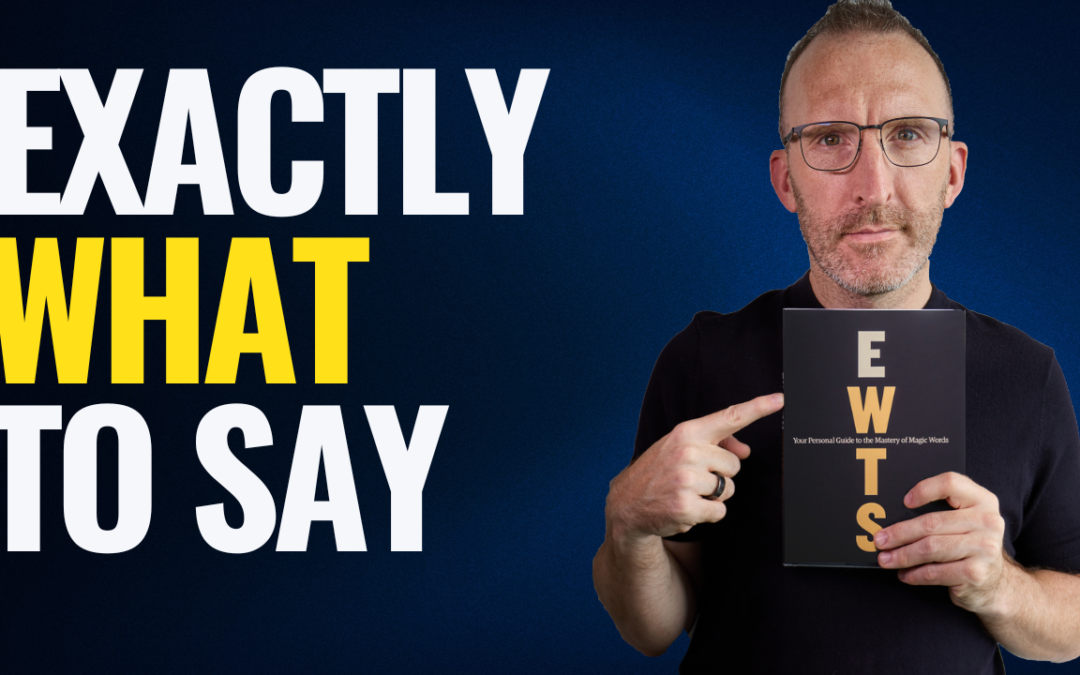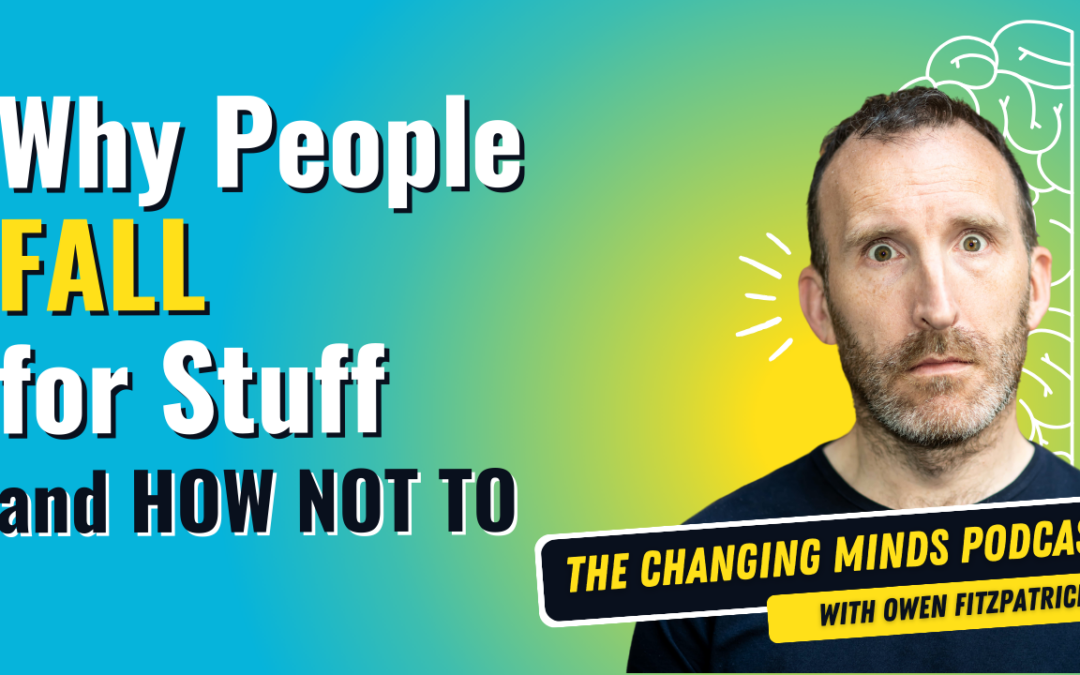Understanding Different Decision-Making Approaches
– Autocratic, democratic, consensus, and consultative approaches
– Choosing the appropriate approach based on the situation
Evaluating Long-Term Benefits and Critical Factors
– Prioritizing long-term outcomes over immediate gains
– Diligence and decision-making based on available information
– Evaluating important factors independently, challenging assumptions
Avoiding Cognitive Biases and Enhancing Decision-Making
– Challenging assumptions and embracing different perspectives
– The concept of Resulting and evaluating decisions based on outcomes
– Psychological principles impacting decision-making
– Confirmation bias: when we seek evidence that supports our preexisting
beliefs
– Disconfirmation bias: leads to looking for flaws in others’ theories
– Overcoming these biases requires recognizing them and embracing the idea of
being wrong.
Balancing Intuition, Data, and Reasoning
– Using intuition as a factor, not the sole basis, for decision-making
– Analyzing data and using intuition to confirm or expand on it
– The role of reasoning and logic in the decision-making process
Effective Communication and Conveying Rationale
– Conveying decisions and explaining the underlying reasoning
– Recognizing confirmation bias and the dangers of giving excessive weight to
popular opinion
Understanding Types and Levels of Decisions
– Strategic, tactical, and operational decision-making
– The importance of recognizing the type and level of the decision before making it
Fundamental Skills for Great Decision Making
– Analytical thinking and data analysis
– Challenging sources of evidence, misinformation, and disinformation
– Evaluating perceived value and aligning it with the actual value
Psychological Factors and Emotional Biases
– Influence of psychological factors on decision-making
– Recognizing and countering emotional biases
Replicability and Justification of Decisions
– Great decisions as replicable and based on the best course of action
Mentioned Books & Authors & Experts:
Daniel Kahneman: Nobel prize winner, co-author of “Thinking, Fast and Slow,” carrying on the legacies of his work with Amos Tversky.
Richard Thaler: Nobel prize winner, co-author of “Nudge,” and author of “Misbehaving.”
Dan Ariely: Author of “Predictably Irrational” and several other books.
Annie Duke: Author of “Thinking in Bets” and “How to Decide.”
* Warren Buffet’s View on Confirmation Bias
Podcast: Play in new window | Download







